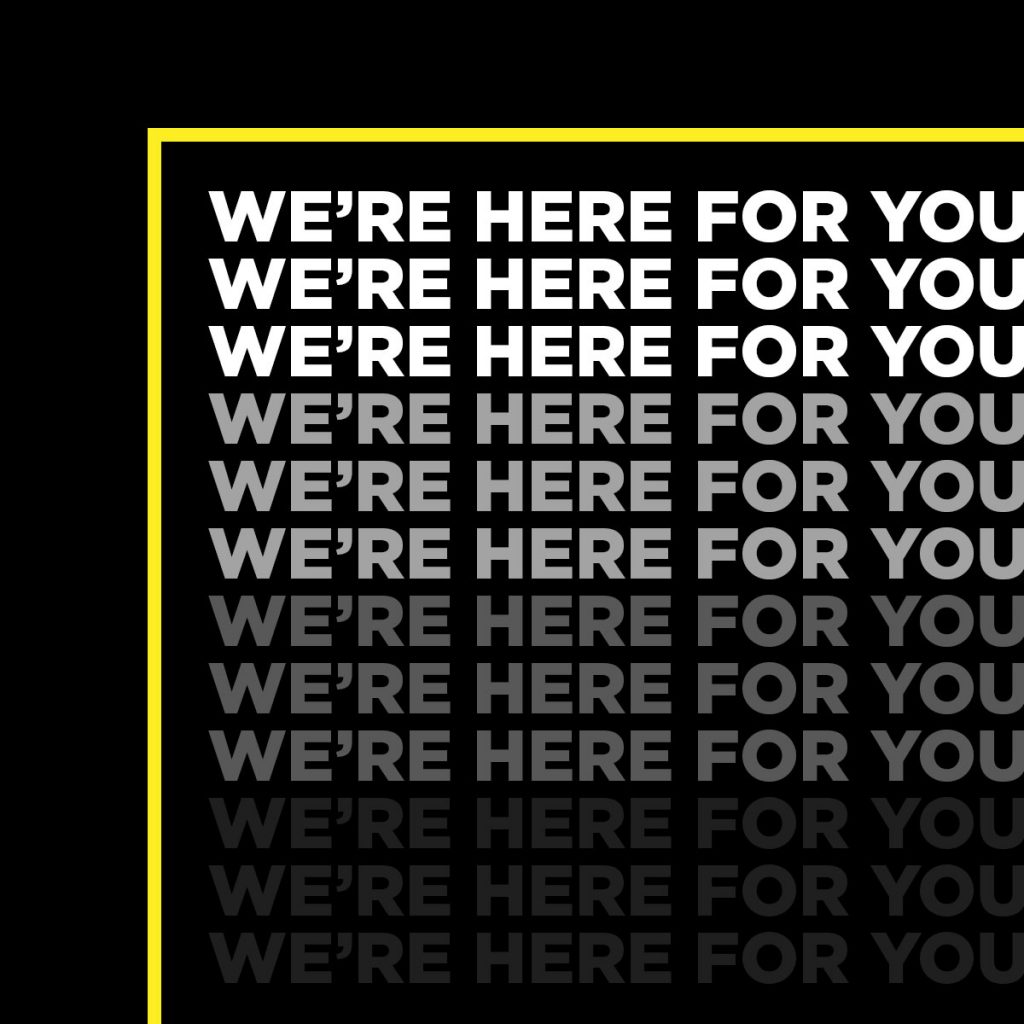
The office is open. Should you make an appointment or stay away for a little while longer? Well, that answer is totally up to you. If you need an emergency dental procedure, what precautions can you expect at a CDC compliant dental office? What you should know about going to the dentist right now during a pandemic.
You may worry: COVID-19 spreads primarily through respiratory droplets that often make their way into your mouth, nose, or even eyes. So, being at a dental appointment for treatment in your wide-open mouth and unable to wear your mask may infect you. Further, viral transmission can happen even if someone is not showing symptoms yet. So, if a dental office is making staff who are showing signs stay home, that won’t be helpful if a staffer is asymptomatic. That being said, “as long as the dentist and assistants wear masks and are tested,” a dental procedure can be perfectly safe,” Joseph Vinetz, MD, an infectious disease doctor, and professor at Yale School of Medicine, tells Health Magazine.
COVID-19 Exposure for Dental Team
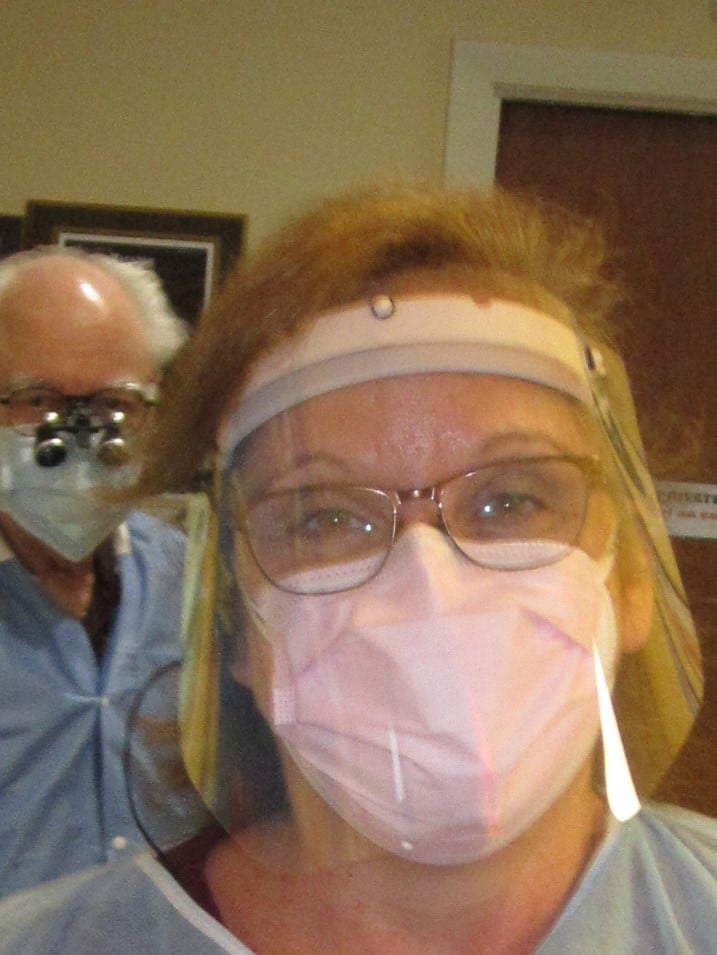
Dentists and dental hygienists are actually much more at risk of contracting COVID-19 than patients. Bill Dorfman, DDS, a Los Angeles-based celebrity cosmetic dentist, tells Health. Ultimately, “the chances of a patient being infected by a dentist is much, much lower than a patient infecting a dentist,” says Dr. Dorfman. “The biggest exposure is going into somebody’s mouth. It’s the dentist and dental office that is at a bigger risk.” Also, dental procedures are messy. The use of high-speed instruments, water sprayers, and other instruments can cause many viral particles to circulate in a dental office, mostly onto the dental providers themselves.
Screening
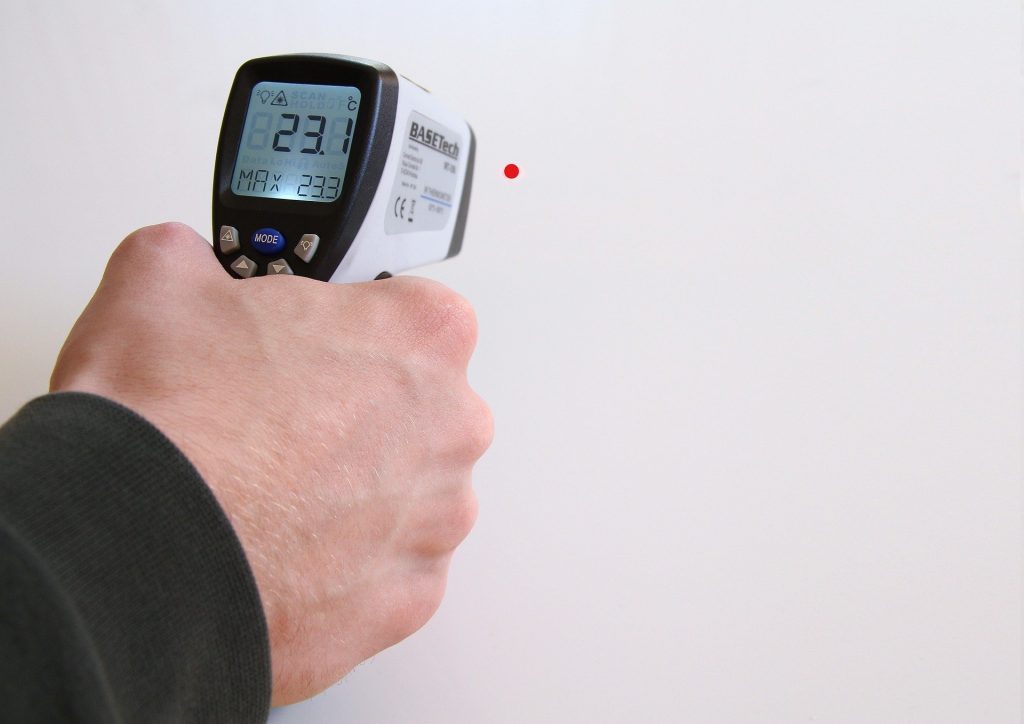
Since dental workers are more at risk of infection than patients, it is crucial to make sure that anyone getting treatment is infection-free. Dr. Dorfman explains that patients should expect to fill out a questionnaire the day before and when they arrive at the office. Expect questions covering possible symptoms, recent travel, and any caregiver responsibilities for those who are ill. Expect to have your temperature taken.
Standard Precaution for an Invisible Enemy
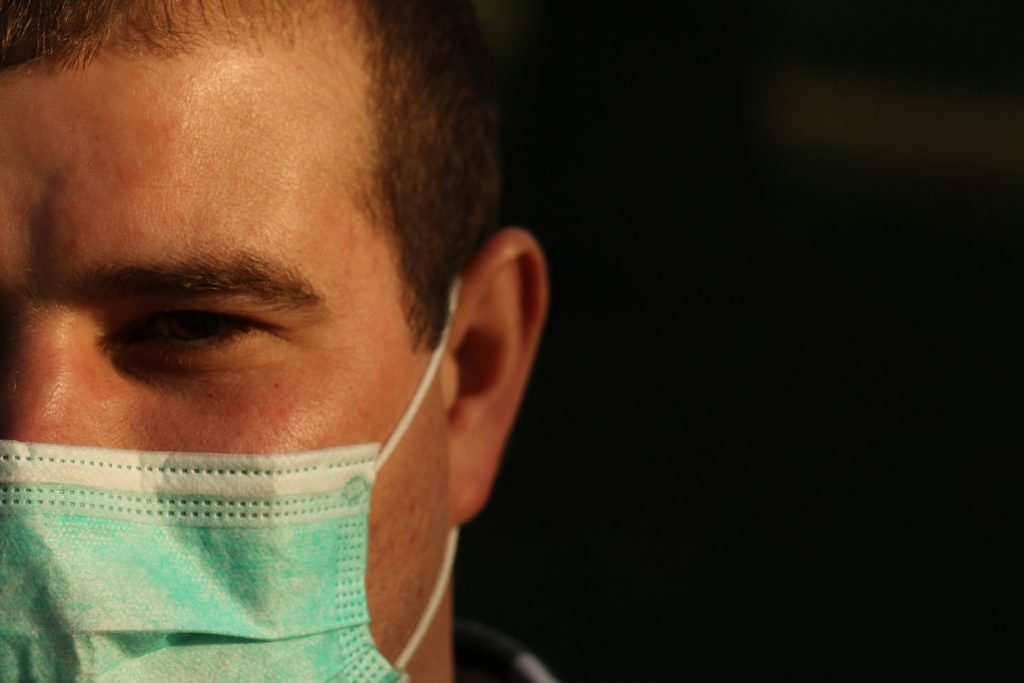
Even before the pandemic, dental offices were required to maintain strict hygiene practices. All dental practices already follow OSHA standards for cleaning and sanitizing everything with EPA-approved disinfectants specially designed to kill viruses, bacteria, and other pathogens. Also, it has long been standard protocol for an entire dental care team to wear protective gear, including gloves and surgical masks to minimize the risk of transmitting germs from one patient to another. “These standards are in practice every day, regardless of whether there’s a known outbreak of infectious disease,” he says.
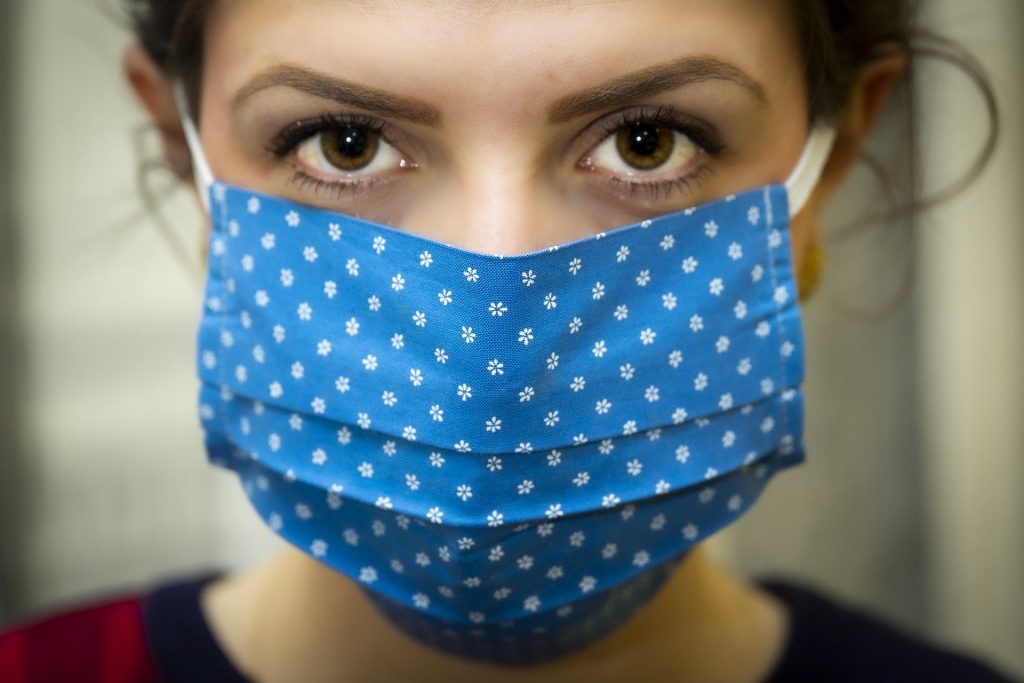
More Precautions Since the Pandemic
Due to COVID-19, there are additional safety precautions in place, and many of them are recommended by the Centers for Disease Control and Prevention and the American Dental Association. “When opening during the COVID-19 pandemic, we enforce social distancing between all individuals in the office—patients and staff—when not wearing personal protective equipment, and routinely disinfect common surfaces in lobbies or waiting rooms, including doorknobs, countertops, and pens,” says Dr. Sutera.
Social Distancing is Necessary right now
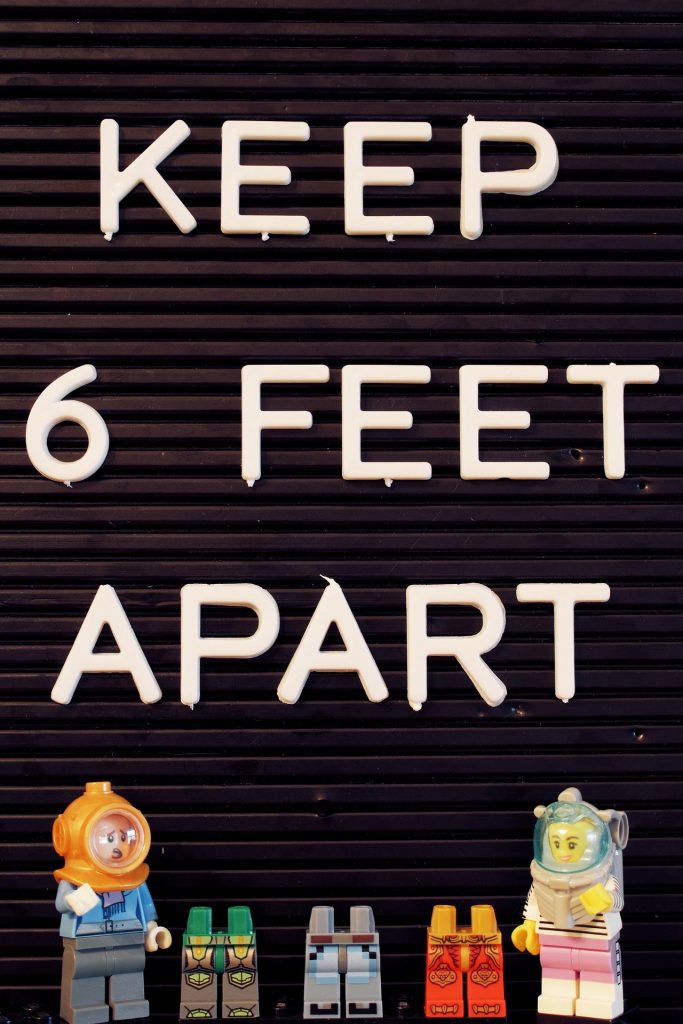
You will be asked to call from your car upon arrival. Once your pre-appointment questions are answered, you may have to wait a few minutes to minimize people in the office at the same time. Our goal is to take your temperature in an empty reception room and immediately escort you to your treatment area. If you want reading material, you may have to bring your own. “The usual magazines, toys, etc. in waiting rooms will no longer be there. Instead, you will find tissues, hand sanitizer, and trash cans.
The team is staying Healthy
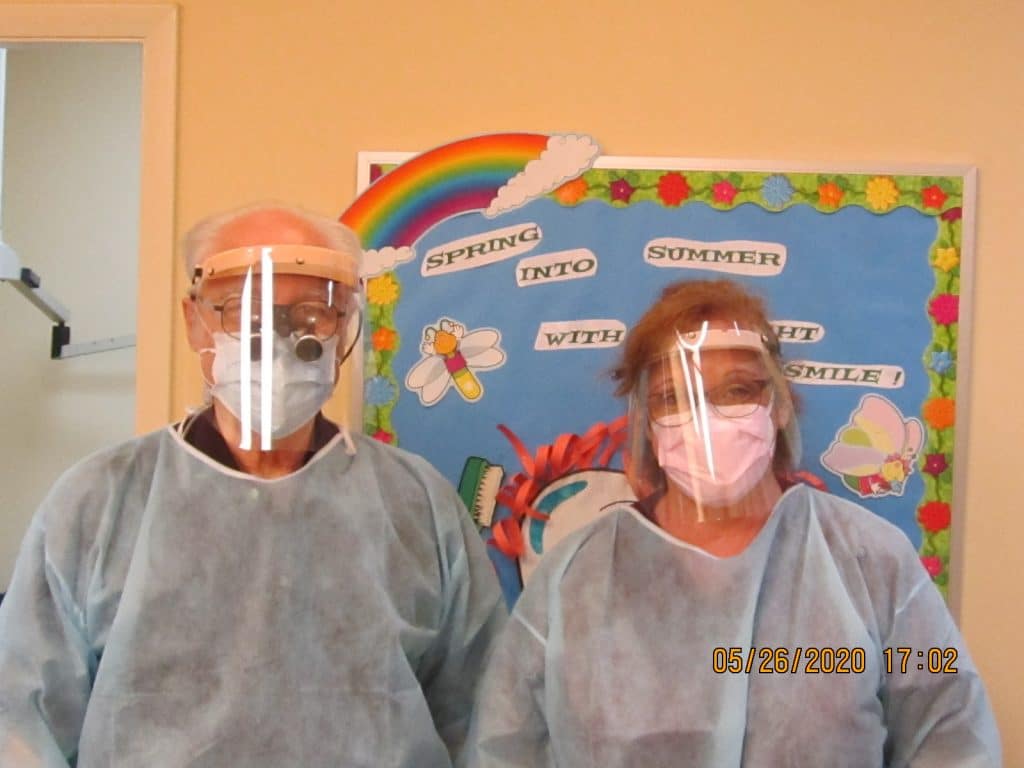
Our team has taken many extra precautions, including having illness screenings and daily temperature readings. They have agreed to stay home if they feel ill. There is also a requirement to change from scrubs to street clothes at the end of the day. Shoes are stored at the office in a closed container. The used scrubs are placed in a plastic bag for washing them at home. Dentists, hygienists, and assistants will also wear “more robust PPE equipment for higher-risk procedures that create more aerosols. We are wearing a double mask, shield over the mask, and long sleeve surgical gowns or jackets over our scrubs. You may want to bring a sweater if you are cold-natured.
So, when should you schedule your next dental appointment?
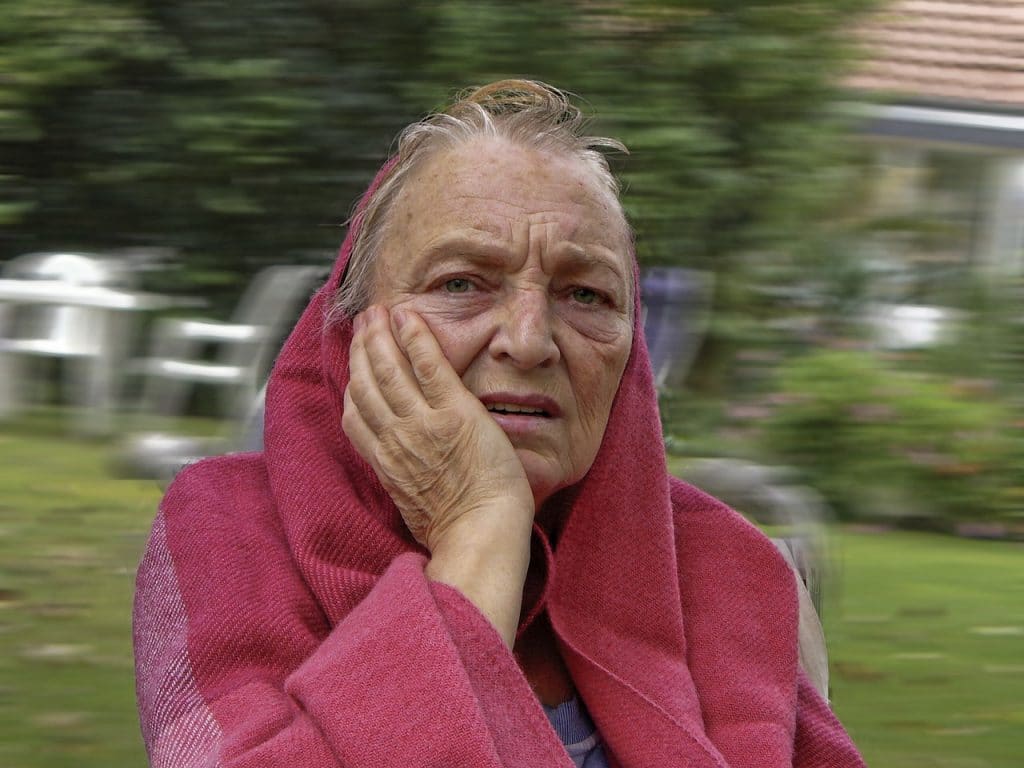
If you’re experiencing any dental emergency, or if you have a dental concern—it’s essential to see your dentist as soon as possible. If your state has started to allow elective procedures, you have to consider your comfort level in going to the dentist. You can also feel free to call up your local dental practice and ask what they’d recommend.
Thank you: Health Magazine, Bill Dorfman, DDS, a Los Angeles-based celebrity cosmetic dentist, and Joseph Vinetz, MD, a Yale Medicine infectious disease doctor, and professor at Yale School of Medicine, And Charles Sutera, DMD, FAGD, cosmetic dentist and founder of Aesthetic Smile Reconstruction.
